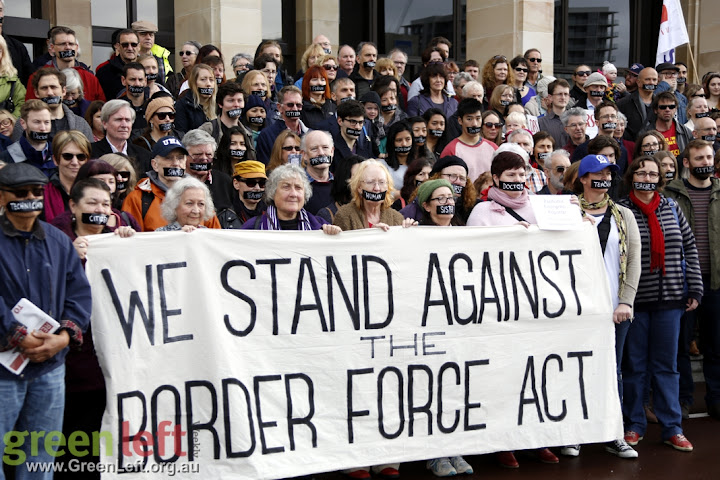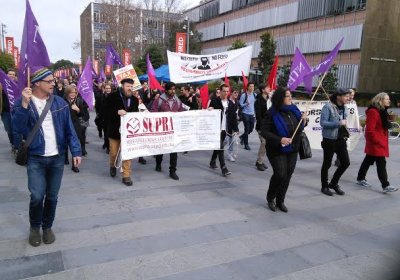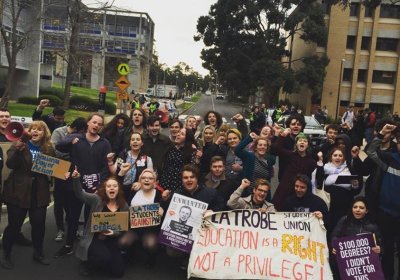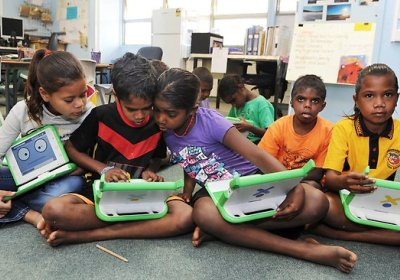Education

One year ago, on July 7, 2014, Israel began an assault on the Gaza Strip that would last 51 days. While a permanent ceasefire was brokered between Hamas and Israel on August 26, physical safety and freedom of movement continues to be denied to the people of Gaza.
A report undertaken by the Department of Education and Training shows that Aboriginal and Torres Strait Islander students made up 1.1% of the total higher education enrolments across Australia last year. There were a total of 12,730 Aboriginal students, up from 11,684 students, a 9% jump from 2013. According to Victorian Aboriginal Education Association Incorporated, the Gunditjmara Languages Program at Heywood and Districts Secondary College has been running for three years now, and received positive feedback from Year 7 and Year 8 students.
- Previous page
- Page 30
- Next page










